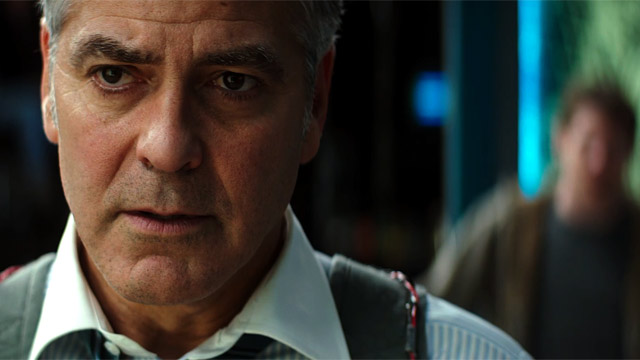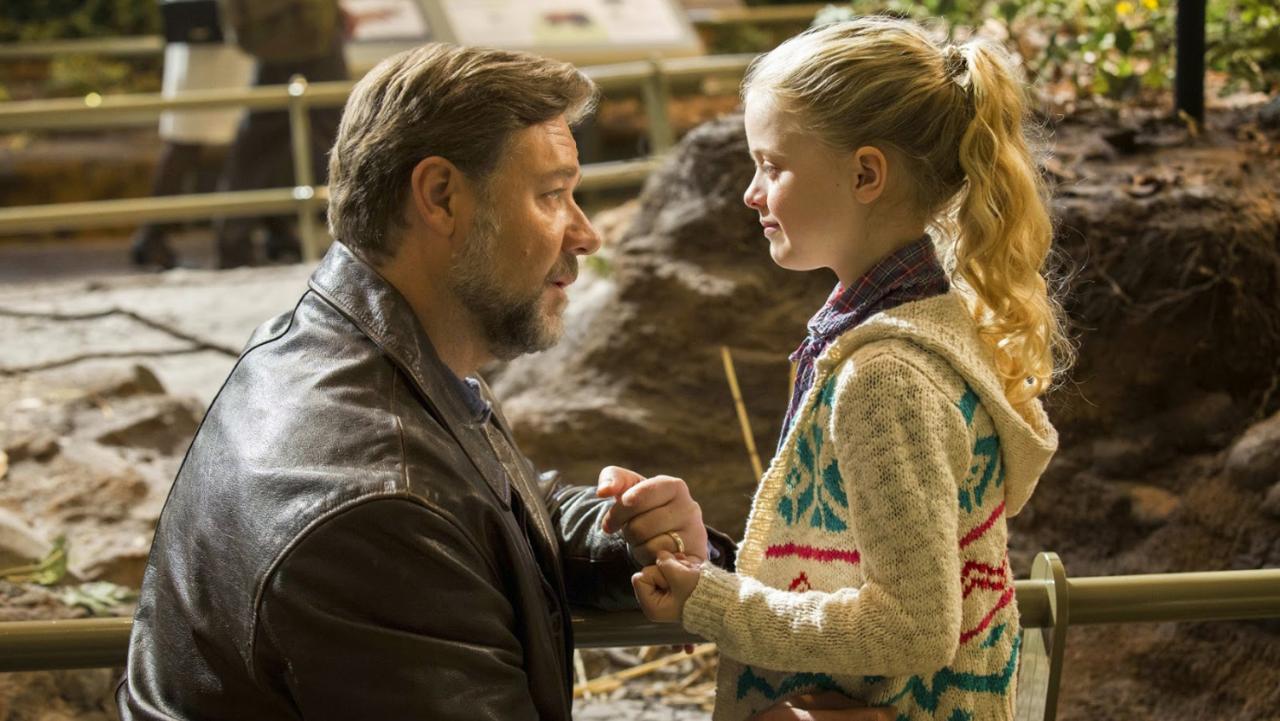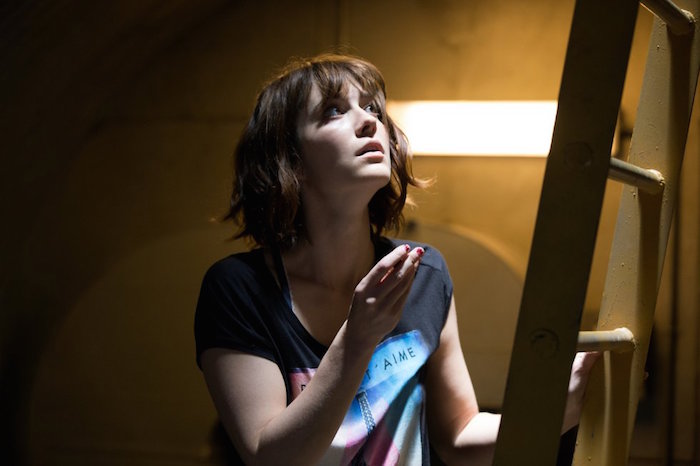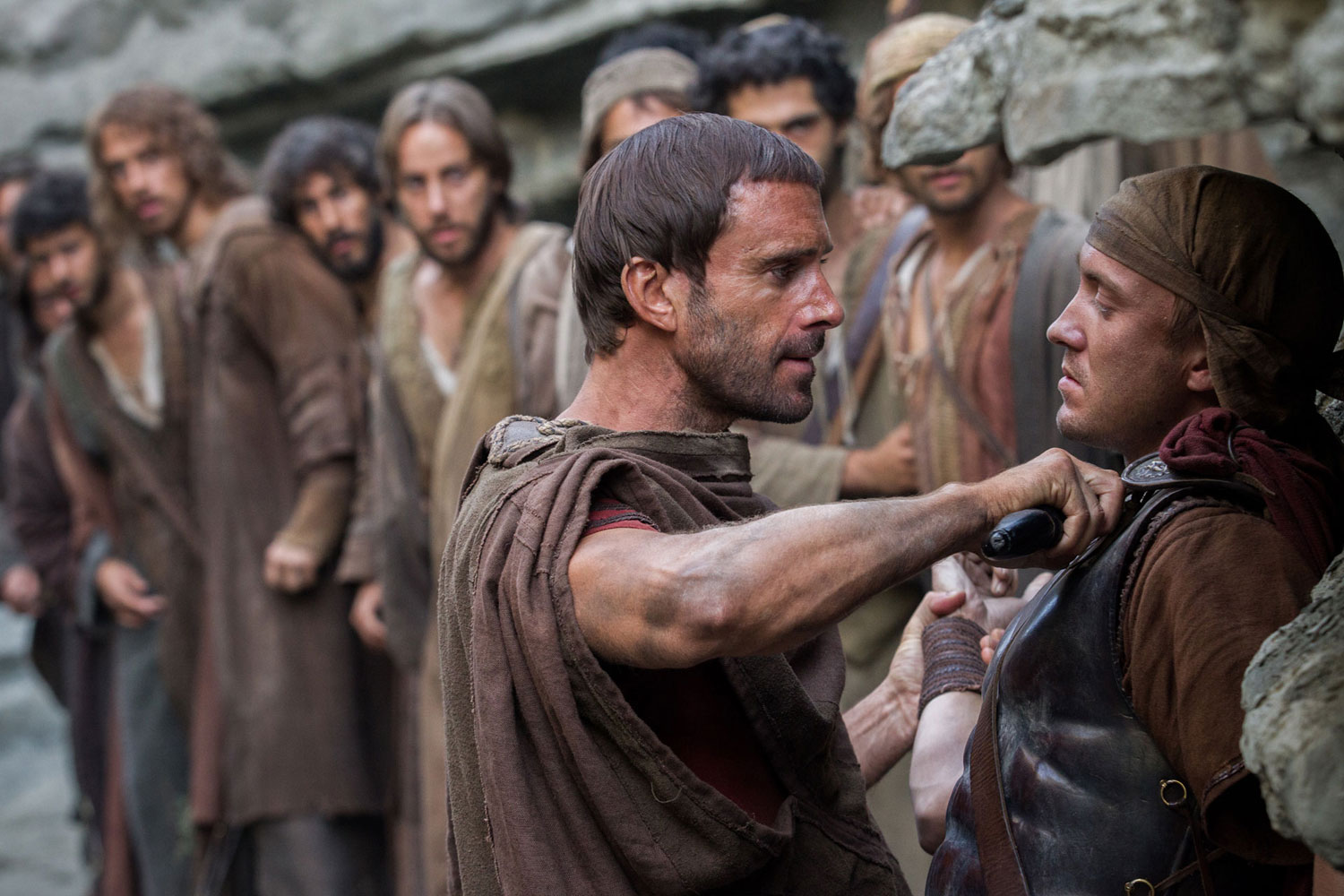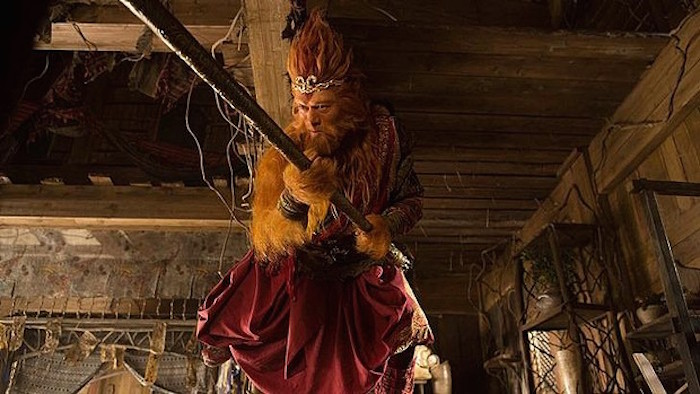THE STUDENT
 Saturday, May 14, 2016 at 6:36AM
Saturday, May 14, 2016 at 6:36AM Stars: Pyotr Skvortsov, Viktoriya Isakova, Yuliya Aug, Aleksandra Revenko, Nikolai Roshin, Svetlana Bragarnik and Aleksandr Gorchilin.
Writer: Kirill Serebrennikov; based upon the play Martyr by Marius von Mayenburg.
Director: Kirill Serebrennikov
Screening in Un Certain Regard at 69th Festival du Cannes; reviewed at the Salles Debussy.
Rating: 4/5

Fervent creationism faces off against wide-eyed Darwinism amidst the already volatile environment of high school life in Kirill Serebrennikov’s chilling psychological drama, The Student. The Russian auteur’s journey into the dark recesses of a fanatical mindset provides religious extremism with a truly terrifying façade – the unbridled and fearless arrogance of a disenfranchised teenage boy.
Serebrennikov (Yuri’s Day, 2008; Betrayal, 2012) offers up a compelling microcosm of the faith-vs-fact debate that has grown in intensity and ferocity around the world in recent decades. That he also bolsters his narrative with themes such as teenage sexuality, institutional bias and agenda, free speech and Oedipal issues proves both ambitious and intellectually engrossing. The melding of the director’s storytelling skill and playwright Marius von Mayenburg’s stageplay proves a match made in…well, it’s a good match.
The titular protagonist is Veniamin Yuzhin (the remarkable Pyotr Skvortsov), a lean, surly teenage boy living with his struggling single-mom (Yuliya Aug). In a pre-credit sequence, he seems to be remarking with typical teenage disengagement that he wants out of his school’s mandatory swimming lessons on “religious grounds.” Only after he is taunted by the bikini-clad mean girl Lidiya (Aleksandra Revenko) and ends up submerged beneath the bodies of his classmates do we learn of his spiritual will; the young man lives an existence devoted to the Bible scriptures, each memorised and instantly recalled, often with a cruel bitterness capable of levelling any counterpoint.
Soon, the school body is energised and enraged by Veniamin’s outbursts, none more so than biology teacher Elena (Viktoriya Isakova) who finds both her devotion to scientific study and faith-free middle-class life the target of the teenage evangelist’s wrath. In one ferocious sequence, Veniamin’s reacts to a carrot-and-condom sex education lesson by stripping bare and leaping from table to table, citing verse after verse of the scripture’s stance on love, sex and marriage. The passages cited begin to take on deeply anti-social views, be they homophobic, anti-semitic or just plain hypocritical; the foreboding sense that Veniamin’s crusade is about to turn irreparably destructive mounts with tangible tension.
With the school administration towing both the Kremlin’s line on religious education (in 2013, President Putin made the teaching of faith-based culture compulsory in secondary schools) and allowing for their own beliefs to affect their handling of Veniamin’s and Elena’s conflict, the scourge of religious extremism leads to an inevitably chaotic and tragic conclusion. The filmmaker leaves no doubt as to the role that unwavering and literal devotion to the written word of God plays in his narrative; Serebrennikov is not the type of director to create this vivid, scorched landscape of complex morality and biblical scale and then not take a stand.
As rich in allegorical intent as the very best of Russian cinema, The Student will ignite post-screening debate as it traverses the global festival circuit. Religious devotion at the expense of the very humanity it purports to enrich is endemic to every faith-based society; the existence of Kirill Serebrennikov’s frantic, frightening film will help to generate crucial discussion on the true nature of dogmatic fundamentalism the world over.
 Cannes,
Cannes,  International Film,
International Film,  Russian Cinema,
Russian Cinema,  religion
religion 